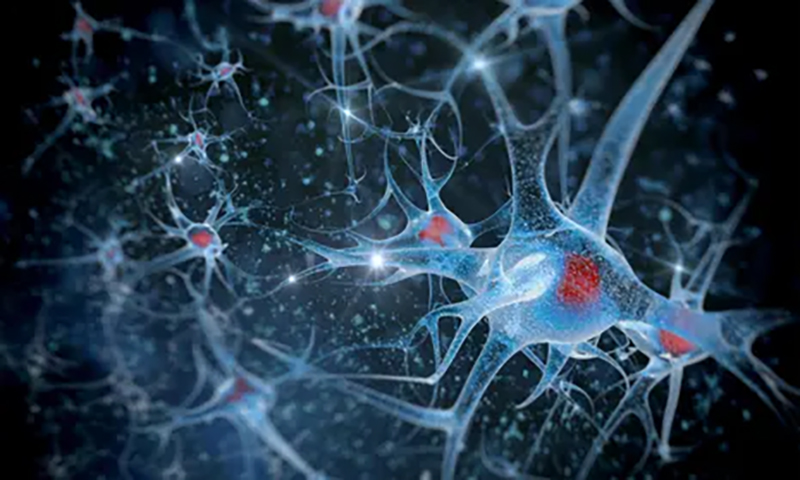Breakthrough Funding for Brain-Computer Integration
In a groundbreaking move, an Australian intelligence agency is backing a research endeavor that aims to blend artificial intelligence with human brain cells.

The prestigious Australia National Intelligence and Security Discovery Research Grants Program has awarded a substantial $600,000 grant to the Monash University and Cortical Labs collaboration, propelling the future of AI to unprecedented heights.
https://www.instagram.com/p/CZj0PAArQRO/?utm_source=ig_web_copy_link
The Path to Superior Technology
Adeel Razi, lead researcher and associate professor at Monash University’s Turner Institute for Brain and Mental Health, envisions this revolutionary technology eventually outperforming traditional silicon-based hardware.
The team’s innovative creation, known as the “DishBrain,” boasts nearly a million human and mouse brain cells lab-grown into its electrodes. Harnessing lab-cultivated neurons from human stem cells, the DishBrain demonstrated its prowess by mastering the classic video game “Pong.”
Experts foresee the Biological Intelligence Operating System as the trailblazing future of AI. Self-programming and mimicking the lifelong learning capabilities of human brain cells, this technology requires less memory and conserves energy. The potential applications span various domains, including planning, robotics, advanced automation, brain-machine interfaces, and drug discovery, granting Australia a formidable strategic edge.
Advancing AI – Cortical Labs’ $10 Million Boost
Adding to the excitement, Cortical Labs, the key player in this trailblazing endeavor, recently secured a game-changing $10 million funding round. Leading investors, including Horizons Ventures and In-Q-Tel (the venture arm of the CIA), propelled Cortical Labs to the forefront of AI innovation. Fusing synthetic biology with human neurons, they pioneered the “Organoid Intelligence” (OI) – a new class of AI with immense potential.



